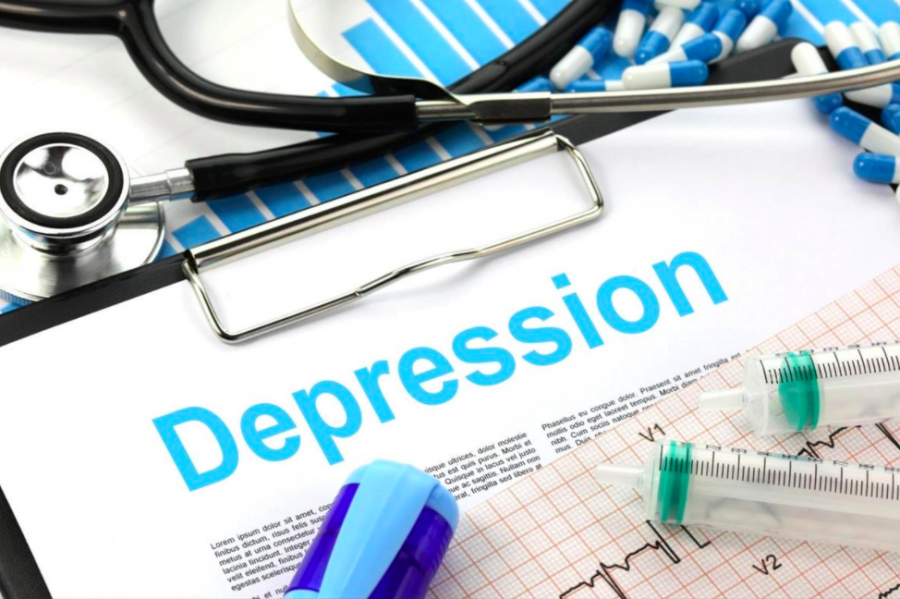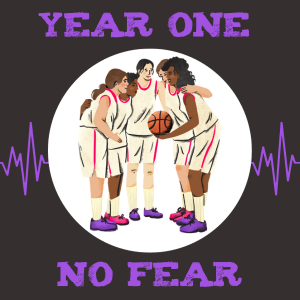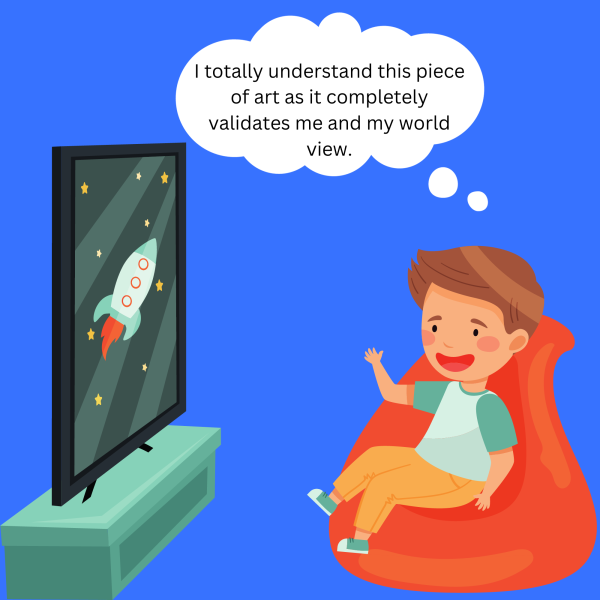How to Stay Sad; Social Media’s Obsession With Being Your Worst
November 20, 2020
I could spend days and days discussing all of the problems that social media and the internet has brought into our lives. Whether it be a shortened attention span or negative self-image, you’d be hard-pressed to find someone who hasn’t been negatively impacted by it. Personally, though, I believe that one of the worst things to ever come out of social media is this culture that seems to thrive off of being sad.
Opening any social networking platform, it’s not unlikely that you will find posts discussing mental illness, specifically depression, through seemingly rose-colored glasses. The way that it is described portrays it as something almost beautiful that gives people a unique outlook on the world. I am unsure where to even begin explaining how harmful an effect this has on our society. First of all, depression has never been and will never be something that is beautiful, inspiring, or any other positive adjective. Depression is a painful illness that many people have to actually live with. Some may argue that the best creations of great artists were a product of their illnesses, however, that is simply untrue. Van Gogh’s manic depression didn’t paint The Starry Night, Van Gogh did, and we would probably have even more of his work without him being held back by these struggles. This representation of depression discredits the experiences of real people with the illness.
With the constant bombardment of media that handles more serious topics with complete apathy, it’s unsurprising that there is a falsified view of mental illness. TV shows, movies, and music centered around depression and suicide have been on the rise for years, and they rarely seem to portray it correctly. On the other hand, having art that people relate to can be beneficial, but it’s very easy to fall into an obsession with being sad. Personally, I have even been stuck in that fixation before. In the past, there were moments that I found myself joking about my own sadness so often you’d think I was getting paid to do so. I told myself that I was using humor to cope but in reality, I was just indulging in being miserable. It wasn’t healthy, and it certainly did not aid in my recovery. I want to clarify that I’m not saying you should never let yourself feel the effects of these illnesses. Letting yourself experience emotions as they come to you is so important. I’m simply saying that you cannot let your struggles become a central part of your identity.
Overall, my parting message is that if you are struggling with some type of mental illness, please actually reach out to a professional for help. Despite what so much social media would want you to believe, this is something you can and should receive treatment for.












